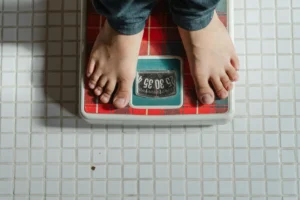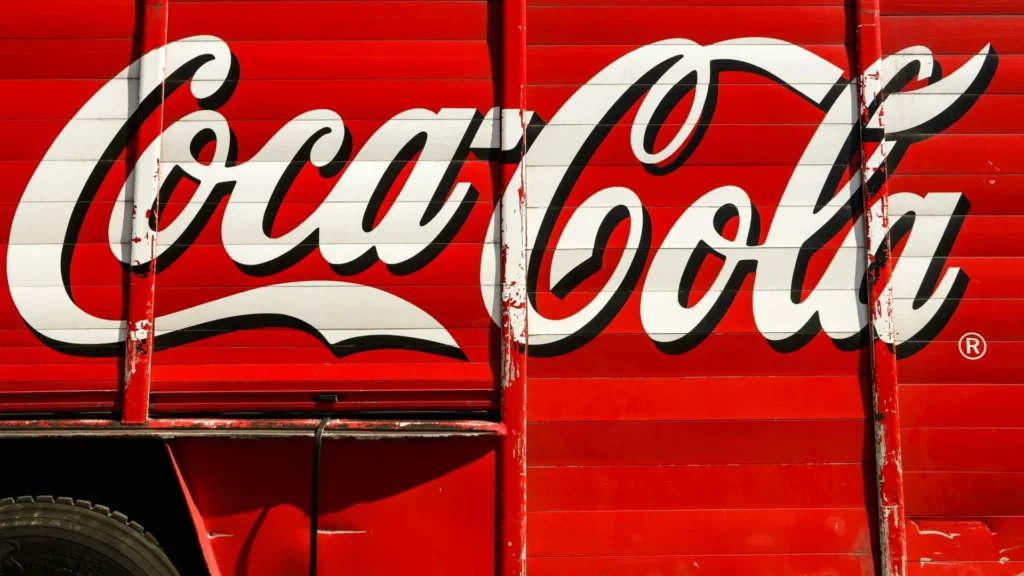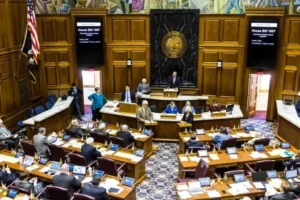Coca-Cola might shift towards using more plastic bottles in the US as President Donald Trump’s tariffs on aluminum increased can costs. The beverage giant’s CEO, James Quincey, addressed investors, explaining the company would adjust packaging strategies based on affordability concerns.
Trump imposed a 25% import tax on all aluminum and steel entering the US, making cans more expensive for the beverage industry. The United States Geological Survey reports that the US imports nearly half of its aluminum, so tariffs could significantly raise production costs.
In 2018, some can makers received exemptions from Trump’s earlier tariffs on steel, but this time, the administration has ruled out exemptions. Coca-Cola recently revised its sustainability targets, reducing its goal of using 50% recycled materials in packaging by 2030 to 35% by 2035.
Environmental groups have criticized the company, labeling it the top global plastic polluter for six years. Quincey emphasized that Coca-Cola has multiple packaging options, allowing the company to remain competitive despite increased aluminum costs.
Quincey explains that plastic bottles, which are cheaper to produce, can replace cans in some product lines if aluminum prices rise. Coca-Cola has been increasing aluminum can usage for its sustainability and marketing efforts. More expensive aluminum cans are significantly more recyclable than plastic bottles.
A shift towards plastic could increase pollution concerns, especially as environmental groups push for stricter regulations on single-use plastics. In another move impacting environmental policy, Trump signed an executive order reversing Biden-era measures aimed at replacing plastic straws with paper alternatives.
As Trump’s tariffs on aluminum take effect, Coca-Cola faces pressure to balance cost efficiency with sustainability. Consumers and environmental advocates are watching closely to see how the company responds to these economic and regulatory changes.










